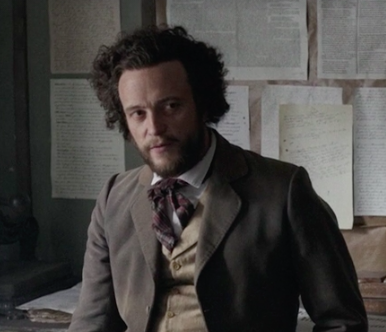Historically, beginning with their inception, economic class-based societies have been defined and pervaded by major and minor, open and hidden conflicts. Even in prehistoric times conflicts have often interrupted primitive tribal societies. They have assumed many forms of struggle and organization—military, economic (i.e., commercial competition, speculation, trade wars, economic blockades, boycotts, lockouts and strikes), and political (electoral campaigns, protests, pre-war diplomatic maneuvers and revolutions) or of any combinations of these forms. Whatever forms these conflicts have taken, they have all been mediated through the mental terrain upon which the old ideas, belief systems, public opinions and political wills have been established.
The basic conflicts between old and new ideas are what the struggle for social change is all about. Objective changes in the material conditions of our lives and our response to those conditions make the social struggle a school. This means we as leaders must teach as we fight, learn as we lead, educate as we organize, talk as we walk. This is our indispensable role as leaders in contributing to how objective developments in human history are consciously fought out, to the changing of minds.
The economic crisis throughout the world, including the US, continues to unfold, and the outline of a political crisis in the US is beginning to emerge. It is becoming urgent for those of us who see the necessity of fundamental societal change to deepen our understanding of how and why societies change. This demands we turn to the study and the further development of Marxist thought.It is impossible to have an in-depth understanding of the world we live in today without developing an understanding of, at least, the basics of Marxist philosophy. As Harry Selsam and Harry Martel put it in Reader in Marxist Philosophy, Marx and Engels believed “philosophy, in the old sense of the term, had come to an end, and that the solutions offered by conventional philosophy, brilliant as many of them were, were nevertheless infected with an alienation from reality. The time had come, they maintained, for the emergence of a new type of philosopher, one whose feet were on the ground, and who regarded the social practice of mankind as both the source of philosophical concepts and the criterion of their truth.” These “new philosophers” were not inventing or discovering anything, but rather only giving expression to the actual realities of the world as it existed.
En cuanto al tema de la tecnología digital y la automatización, el mundo de los negocios se ha dado cuenta de una inquietud que han planteado los trabajadores organizados en la industria automovilística en Detroit desde los años 70.La tecnología digital y la inteligencia artificial han revolucionado la forma de hacer negocios en todas las grandes industrias. La tecnología ya no solamente reduce la necesidad de trabajo humano en la producción y circulación. En muchos casos, las computadoras y los robots reemplazan a las personas por completo.
On the topic of digital technology and automation, the business world has woken up to concerns that organized auto workers in Detroit have been raising since the 1970s.Digital technology and artificial intelligence have revolutionized the way business is done in every major industry. Technology no longer simply reduces the need for human labor in production and circulation. In many cases, computers and robots replace people altogether.

